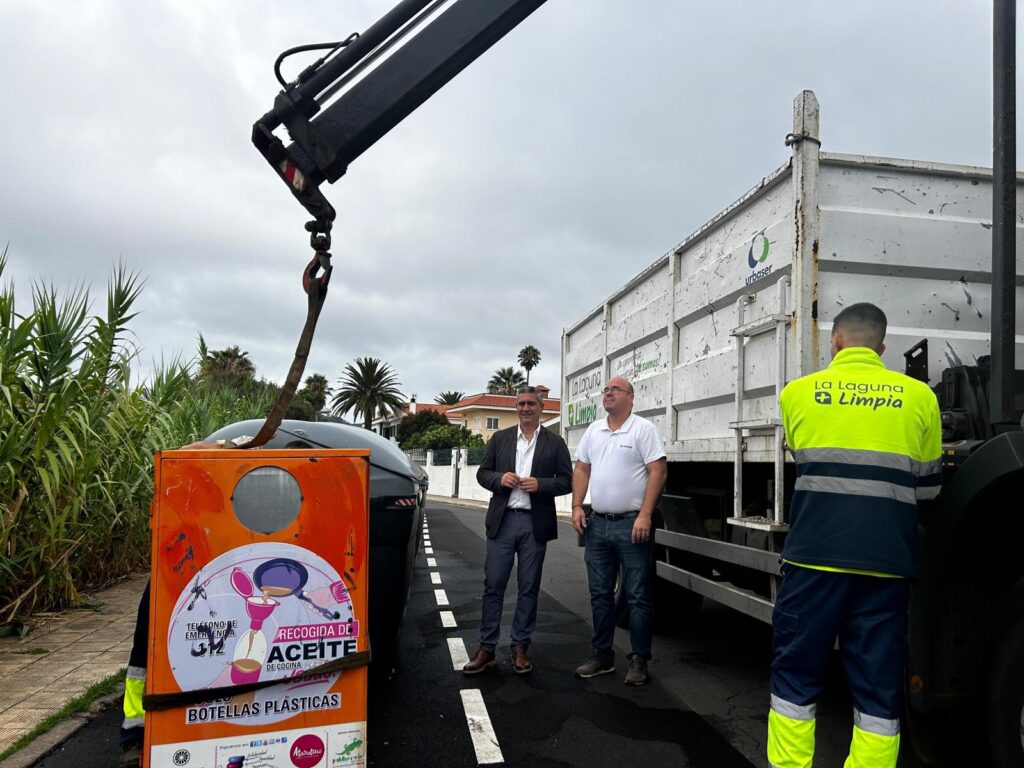Santa Cruz de Tenerife, 26 Feb. (Europa Press) –
The president of the Canary Islands, Fernando Clavijo, highlighted on Wednesday during a meeting in La Palma the contributions of the third sector in the islands towards achieving “social justice” and promoting inclusion, emphasising that “the administration cannot alone meet the needs of the population, a responsibility that involves us all.”
Clavijo attended the inauguration of the Assembly for Social Innovation in the Canary Islands, organised in La Palma by Red Anagos, a Canarian Network of Employment Insertion Entities and promoters of the Social and Solidarity Economy, alongside the Canary Islands European Network for the Fight against Poverty and Social Exclusion, as stated by the Canary Islands Government.
The regional president elaborated on the significance of these organisations in collaborating on what “we envision for the Canary Islands” and additionally highlighted the necessity to address “the current issues and the “challenges” posed by the influx of unaccompanied minors reaching the coasts.
Clavijo acknowledged that poverty and social exclusion are pressing realities that impact over a third of the Canarian populace, stemming from vulnerabilities such as disability, illness, voluntary exile, fiscal challenges, housing crises, and difficulties in securing employment, “of being different from what we mistakenly consider normal.”
He continued by stating that during times when the sector convenes to strategise future actions, the focus must shift towards solutions and leveraging “the advancements made in recent years”, citing the decline of the AROPE rate “from 47.0% in 2016 to 31.2% in 2024”.
In this context, he recalled that by the end of 2024, the Government approved a credit extension of nearly 15 million euros for the councils to mitigate the financial deficits facing social entities serving individuals with disabilities, addressing among other things the increase in salary expenses as well as operational cost updates due to inflation.
The president of the Cabildo de La Palma, Sergio Rodríguez, expressed gratitude to the 54 groups and Canary Entities present on the island for their efforts and “united resolve” in collaboration with administrations “to solidify a project that has successfully created networks of solidarity and commitment amidst a frequently demanding environment.”
Furthermore, in the instance of La Palma, he pointed out that the social economy “is a vital engine for development”, reinforcing the social fabric and addressing emerging needs. “It is crucial to continue supporting and enhancing this sector to cultivate a more prosperous and equitable future for the island,” he emphasised.
Rodríguez underlined that social economy enterprises, deeply rooted in the territory and dedicated to local development, create quality and sustainable employment, helping to retain the population on the island.
He highlighted how these initiatives react to the genuine demands of the community and are attuned to the needs and potentials of the territory. “This is precisely what La Palma requires right now,” he remarked.
Juan Carlos Lorezno and Alicia Silva, representing EAPN Canarias and Red Anagos, emphasised their collaboration with the Administration, as well as the necessity of formulating strategies to promote social inclusion “in a region where operations are challenging due to its fragmentation and geographical isolation.”
Among various governmental sectors, Clavijo noted that social services are “improving” the benefits provided for dependency, proposing the elevation to the Governing Council of a draft decree concerning identification cards that validate the degree of disability, which will aid in granting access to the necessary benefits.
“Our objective is that in an upcoming update of the FDCan, we incorporate among the investment criteria, that of socio-health infrastructure to support the care of older and dependent individuals,” he added.
The president of the Canary Islands took the opportunity to visit La Palma to tour the future socio-health complex of La Dehesa, accompanied by the President of the Cabildo.
















